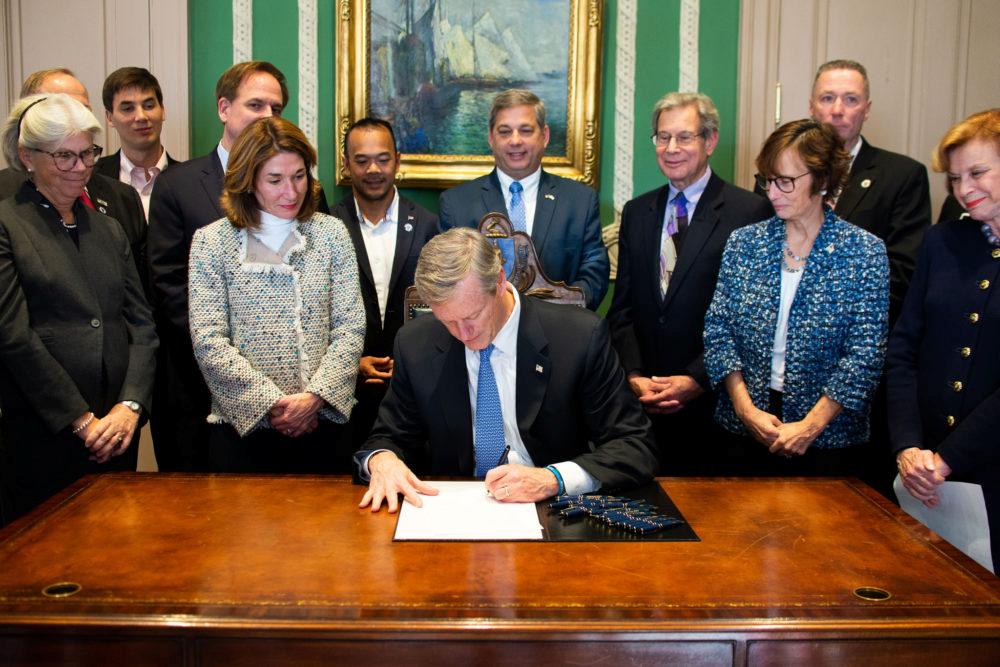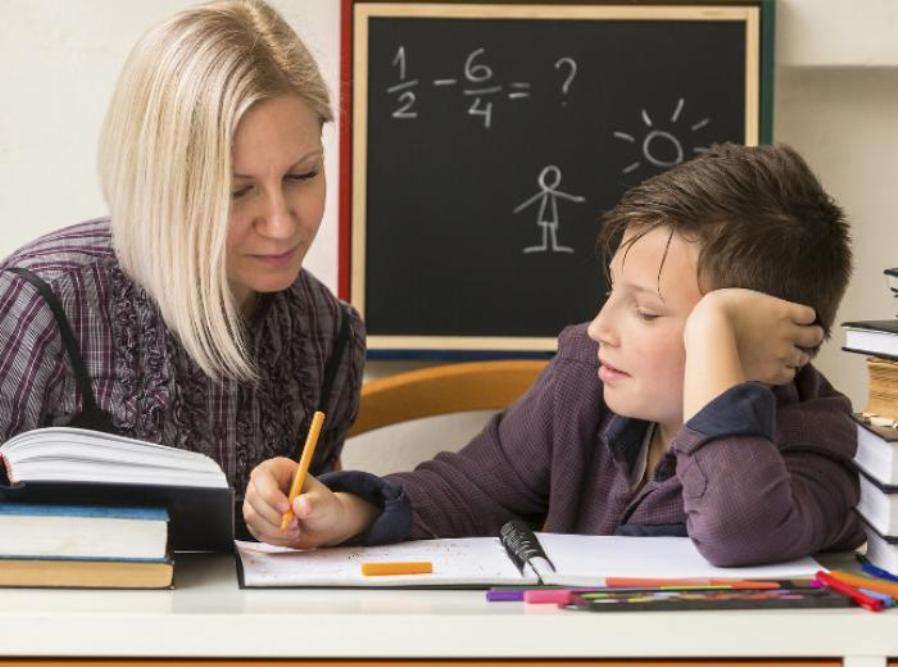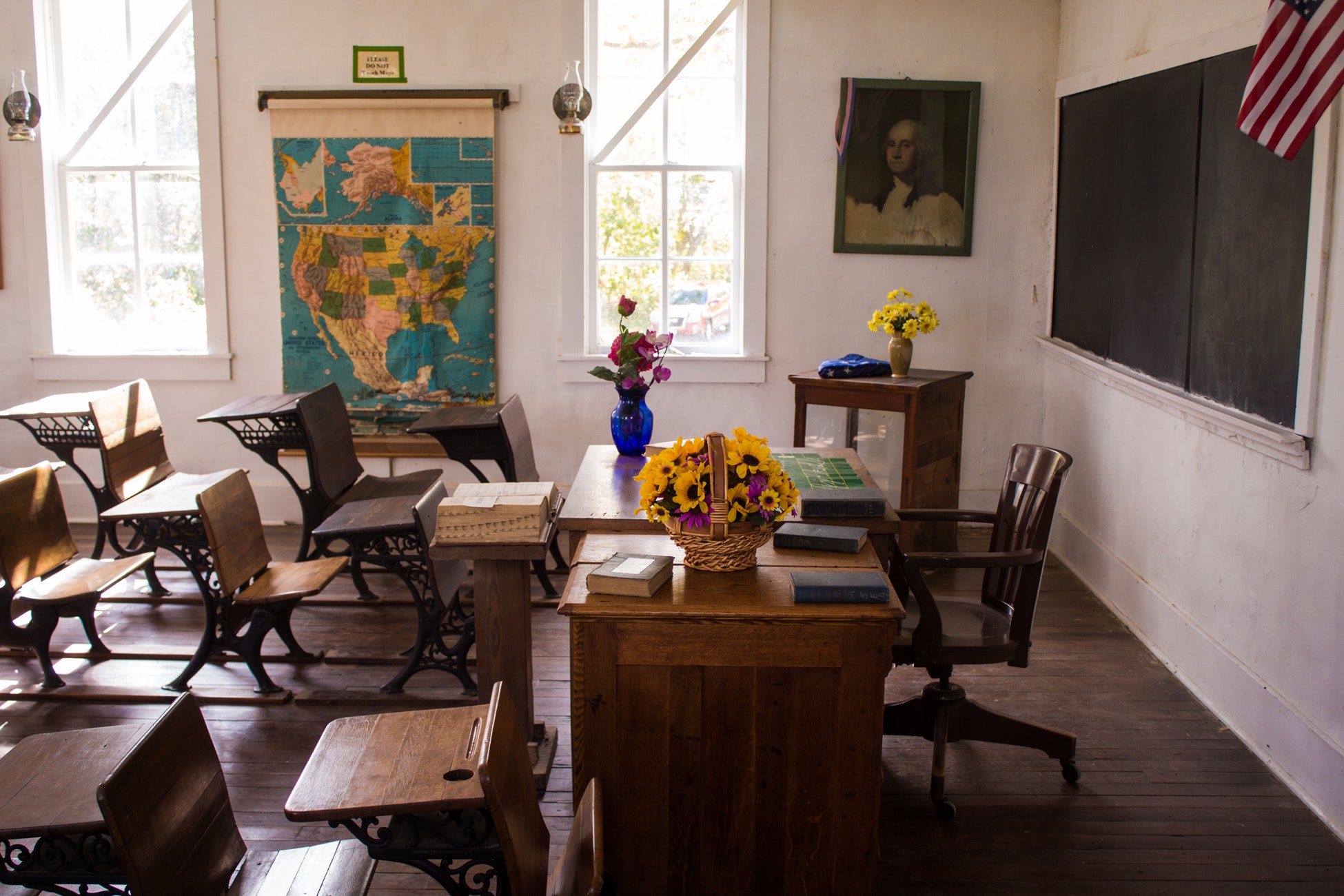Education reforms in schools have been reduced significantly, says the Saudi Minister of Education, Dr. Hamad Al-Asheikh. Recognizing all the reforms needed, Al-Asheikh pledged his commitment to establish a reliable authority to restore the glory of education in the country.
He also highlighted in the discussion group, Dialogue of Responsibility, that the institutions do not influence the Ministry of Education. The Minister stated
Schools were constructed according to demands from citizens and not on the basis of well-studied strategic plans.
He said education reforms in the past have not generated substantial results; however, he is committed to ensuring better changes in the educational system.
The Saudi Ministry of Education is a stand-alone state institution that allows no interventions on its activities. Going forward with the education reforms by the Minister, more women will be awarded high positions in the organization. Presently, the Education Ministry has four women undersecretaries.
Education reforms under Dr. Hamad Al-Asheikh
The Minister highlighted some reforms that have been accomplished in the Universities and school libraries.
Firstly, thoughts that are not in favor of the Ministry have been superseded, most notably the Muslim Brotherhood philosophy. One way education reforms solved this challenge was by destroying all deviant publications contrary to the activities of the Ministry.
The Minister also highlighted another area that needs education reforms, the private educational institutions.
Dr. Hamad Al-Asheikh expressed displeasure that the staff of the Ministry of Education partner with private institutions.
He mentioned that working in the education ministry while serving as partners in private education institutions is a “malfunction and a clash of interests.”
Concepts of patriotism, affiliation, and loyalty in the curricula
Dr. Hamad also said that the curricula need a total overhaul, especially the curricula for social education and religious education.
He stressed that the curricula for social education and religious education don’t adequately discuss the concepts of patriotism, affiliation, and loyalty.
He added that he is determined to encourage patriotism through the revision of the curriculum. The curricula will focus on the values of tolerance and coexistence and revealing the historical facts, especially those related to Saudi history and its symbols, and shedding light on the Saudi personality.
Moreover, employees are not dedicated to developing curricula to produce desired results. The Minister explained that the education jobs bylaw had not been widely accepted by teachers even though it is to their interest.
He believes that dedicated teachers “play a key role in preparing citizens to achieve their nation’s Vision 2030 and build a vital society, a prosperous economy and an ambitious nation”.
Part of the education reforms instituted by the Saudi Minister of Education is raising the ceiling of teachers’ salary with an additional 33percent incorporated into the basic salary. In a speech to educators he enthused:
Education is the sole key for states’ development and progress, which cannot be achieved without great and dedicated teachers.







